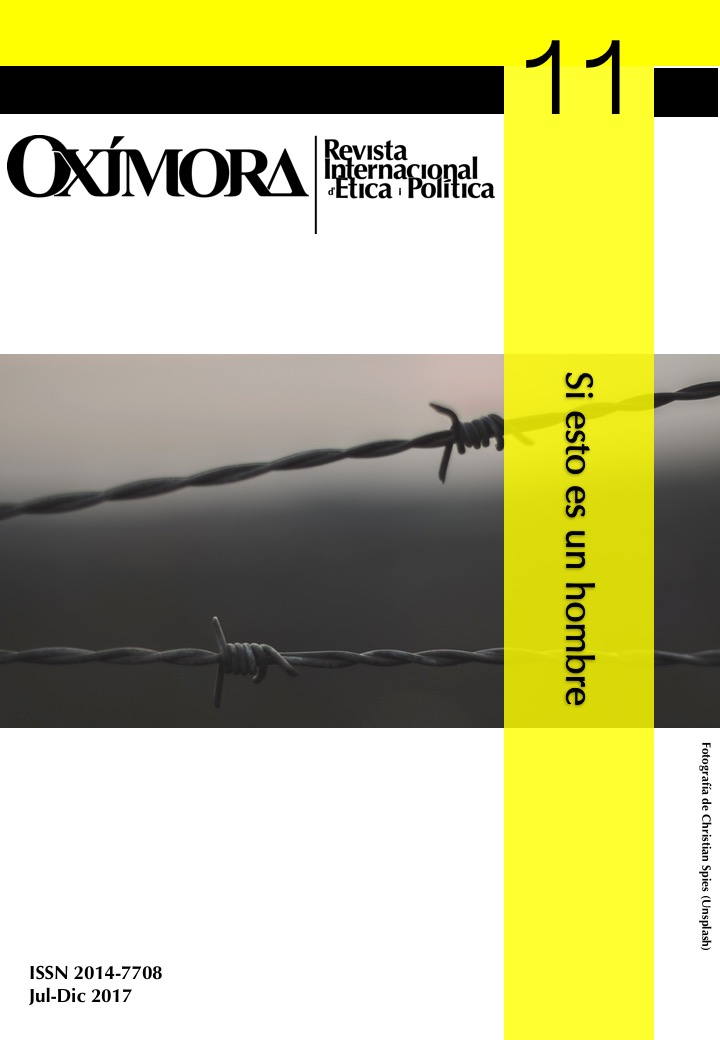Despoilment, Deportation and Confinement: The Fate of German Residents in Latin America During the Second World War.
Article Sidebar

Main Article Content
Luis Fernando Molina Londoño
Universidad de los Andes.
This article sheds light on the adventures of the Germans and citizens from other Axis countries resident in Latin America during the Second World War. Considered a threat to hemispheric security, and given the political, economic and diplomatic pressure exercised by the United States in the region, the Italians, Japanese, and especially the Germans were subject to expulsion, reclusion, and expropriation. This interference, aimed at aligning all the governments in a common struggle against the foreign enemy shed light on the fact that the Good Neighbour Policy, established by the northern power after the Great Depression to repair its relations with Latin America, in truth, was used during the war to exaggerate what a danger they were and, as such, combat –in an apparent framework of legality, and in law- competitors that hindered the expansion of North American capital. The article outlines the way in which deportations, Proclaimed Lists or blacklists, confinement in concentration camps, expropriations and the nationalization of the property of citizens for the Axis countries, especially Germans, were used to make it easier for people from the US to enter Latin America together with their industries and businesses. This occurred in the context of industrialisation that a number of countries were developing and in which the US was also interested as a way to expand its economic imperialism.
Keywords
Latin America, United States, Second World War, Germans, Japanese, Italians, Concentration Camps, Deportations, Good Neighbour Policy, Axis Countries.
Article Details
How to Cite
Molina Londoño, Luis Fernando. “Despoilment, Deportation and Confinement: The Fate of German Residents in Latin America During the Second World War”. Oxímora: revista internacional d’Ètica i Política, no. 11, pp. 4-24, https://raco.cat/index.php/Oximora/article/view/331970.
Rights
Copyright
a) Authors retain copyright and grant the journal the right of first publication.
b) Texts will be published under a Creative Commons Attribution License that allows others to share the work, provided they include an acknowledgement of the work’s authorship, its initial publication in this journal and the terms of the license.